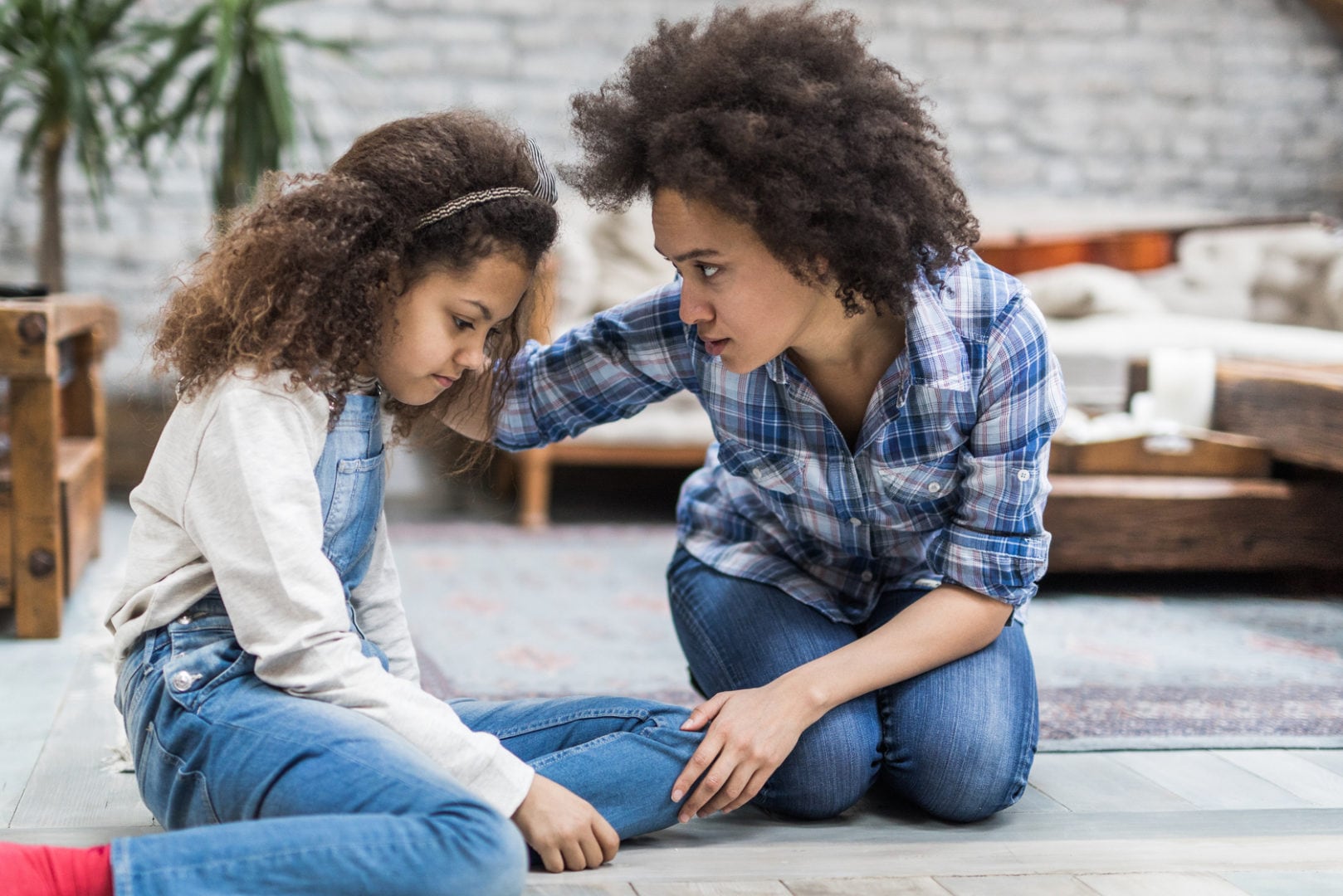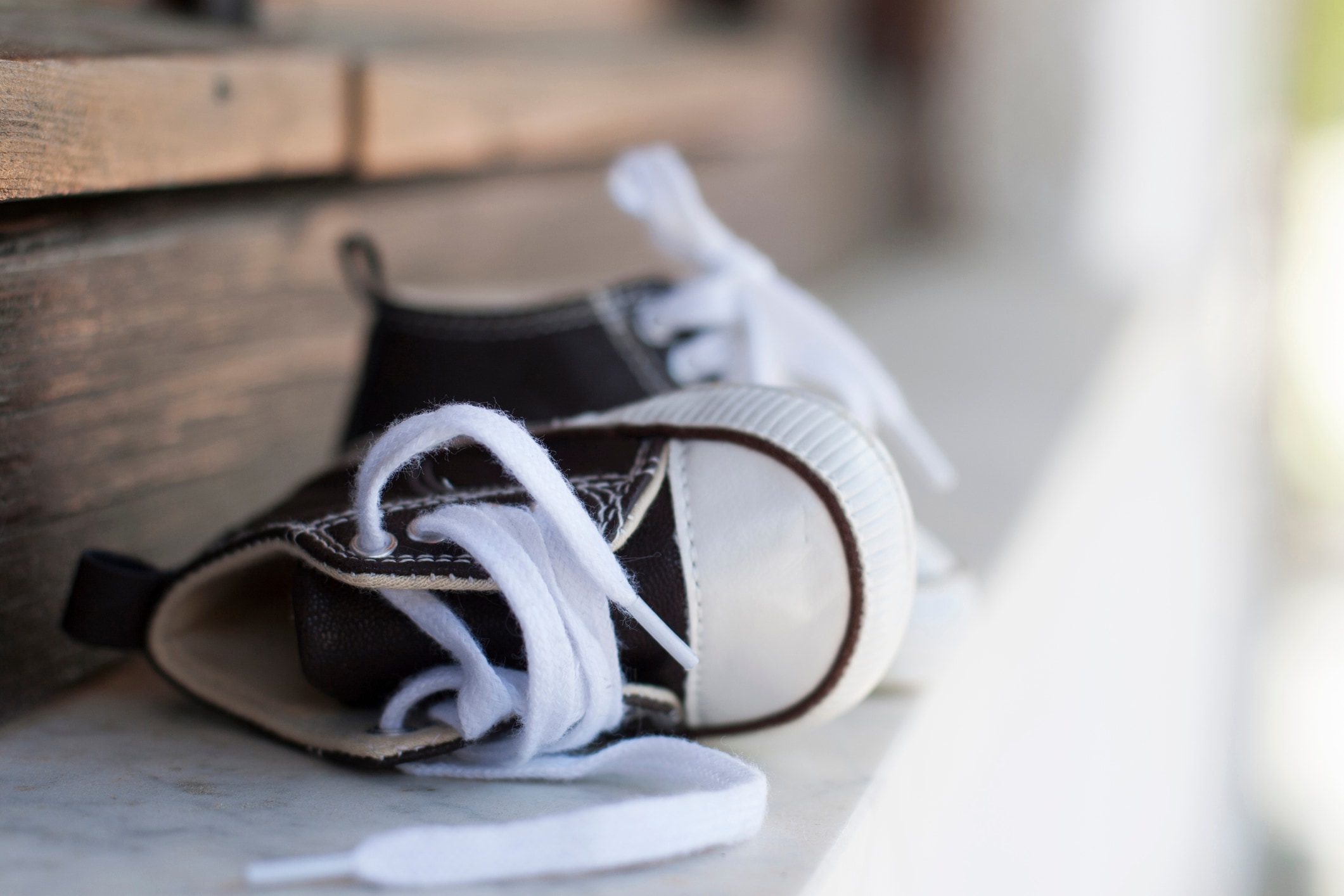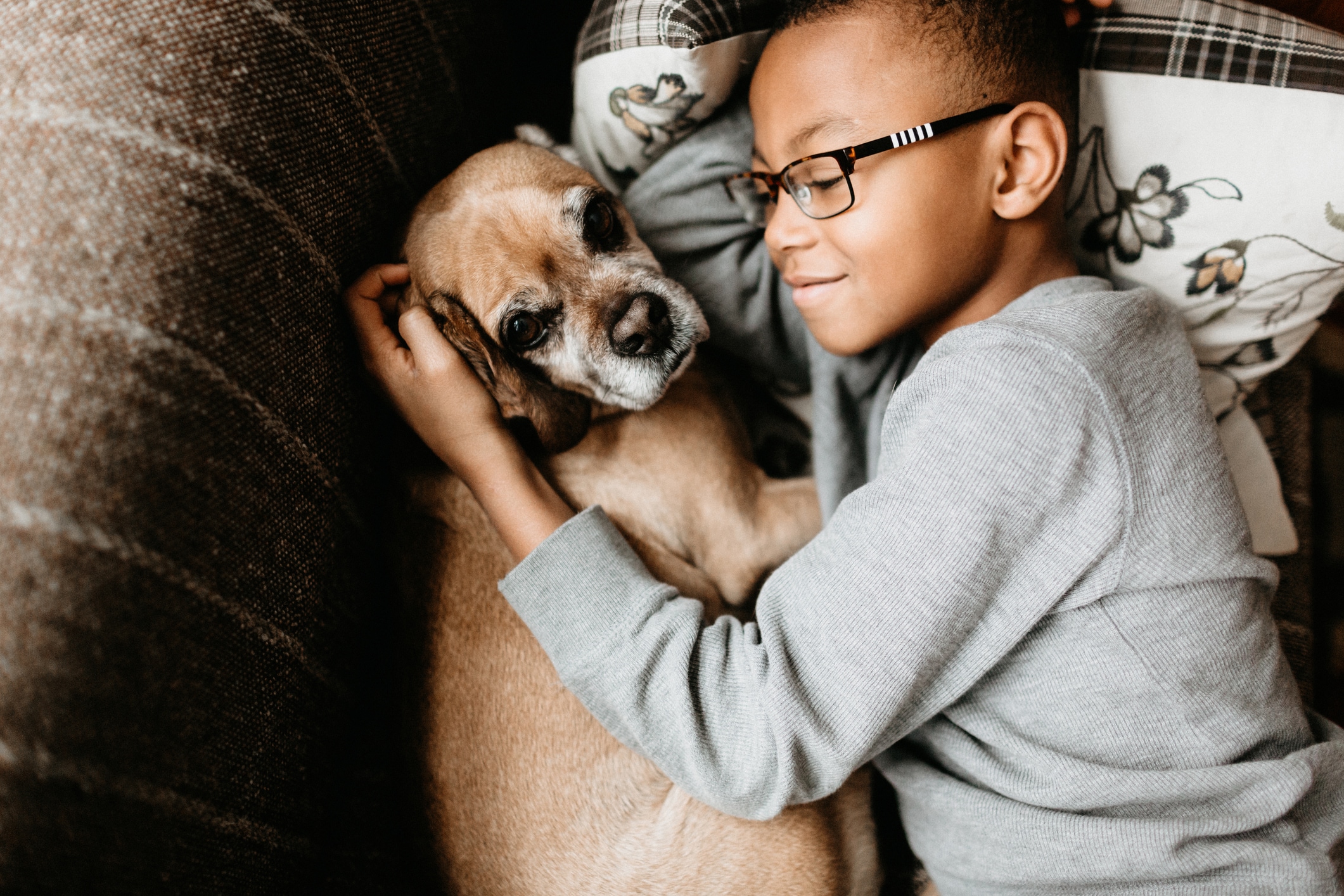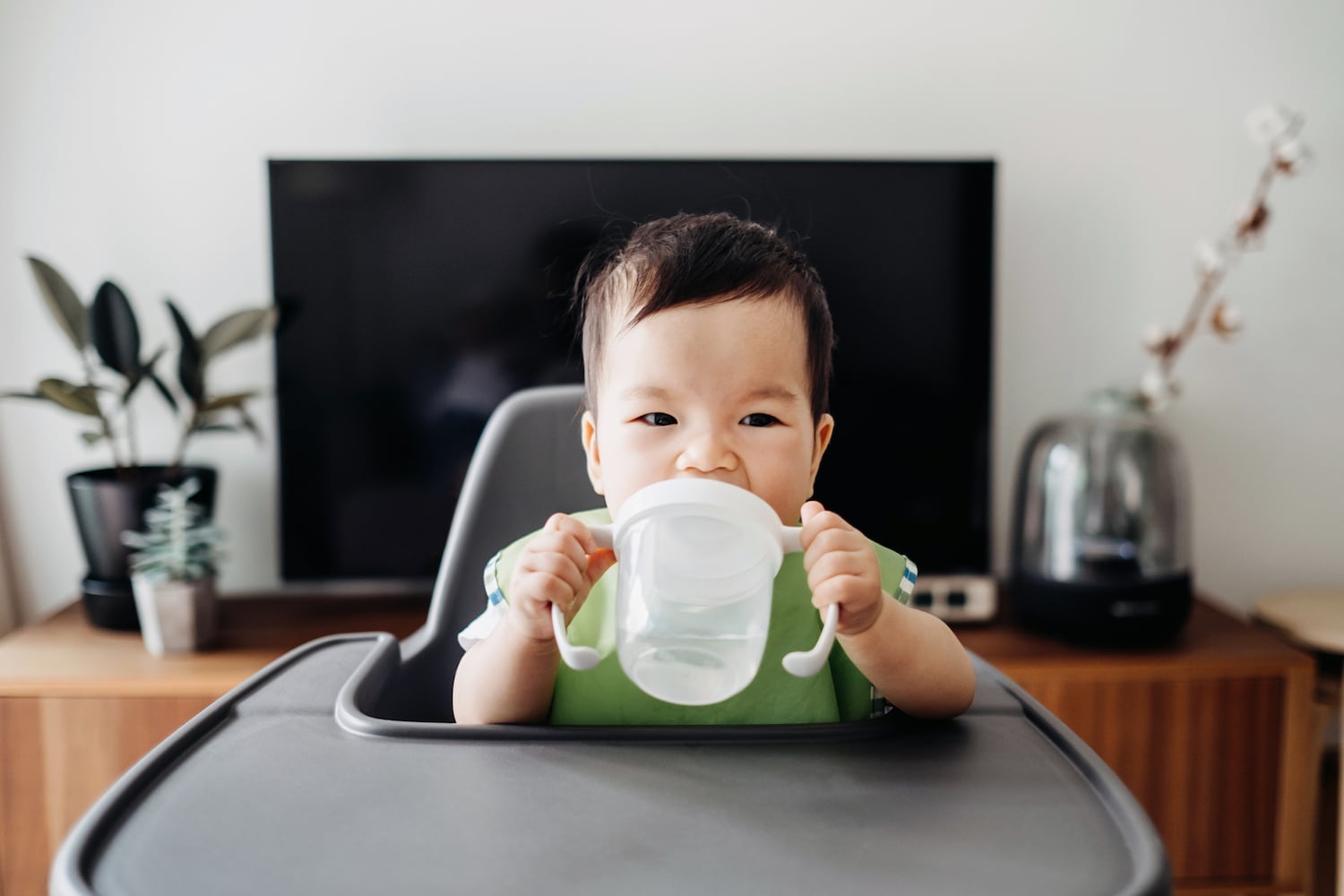Coronavirus, and all of the byproducts of it, has affected everyone differently. But for kids, a common theme has been loss. From preschool graduations to proms to birthday parties with friends, COVID-19 has robbed children of many rites of passage that their parents once enjoyed; and in turn, it’s left parents struggling with how to best guide and support their kids during this unique time.
“All of us are in uncharted territory right now and kids are all going to react in their own way,” says Beth Watson, a clinical psychologist specializing in child and adolescent treatment in Cranford, New Jersey. “Even for teens who seem old enough to make sense of things, it’s important to remember that the rational part of their brain isn’t fully formed. Kids’ reactions may be unpredictable or even seem disrespectful, but in this situation, any way kids emote is generally OK.”
Whether you have a young child who’s crushed by a canceled Disney trip or an older kid who’s angry they can’t see their friends, here are nine expert tips for helping your child deal with the losses they’re enduring due to coronavirus.
1. Let them be upset
Hands down, the healthiest thing parents can do for their kids right now is to let them be upset and feel whatever it is they’re feeling. “Though it’s well-meaning, asking older kids to consider the silver lining or be grateful for what they still have before they’re ready can backfire,” says Tori Cordiano, a clinical psychologist specializing in children, adolescents and families and the Director of Research for Laurel School’s Center for Research on Girls in Shaker Heights, Ohio. “Kids need to grieve what they’ve lost, and it helps when parents can empathize and give them time to do this.” Cordiano says that saying things like, “This really stinks. I’m so sorry you won’t get to do the things you had been looking forward to” goes a long way with teens.
For young kids, the same thing applies — and it even comes with a bonus. “Allowing young children to be disappointed, upset or angry about what is missed lets them know it is OK to have these feelings,” explains Tovah Klein, a child development psychologist, Director of the Barnard College Center for Toddler Development and author of “How Toddlers Thrive.” “Even before COVID-19, our job as parents has always been to help children face and manage hard feelings. It’s how they gain coping skills.”
2. Meet your child where they are
Some kids are better at expressing themselves than others, and some work through their emotions best by talking. Keep in mind, though, that the more reticent kids still need support, too; it just may look different than a chat over breakfast.
“Don’t mistake ‘I don’t want to talk about it’ for ‘I don’t need support,’” says Watson. “Every child needs support during this time, and for some, that means watching a movie together or going for a walk. Parents need to meet their kids where they are right now because they need support — even when they act like they want the opposite.”
3. Be up front
When young kids inquire about a much-anticipated vacation or birthday party that has to be cancelled, parents may be tempted to fudge the truth — don’t. “If your child is missing something they already know about, then it needs to be addressed in an age-appropriate manner,” notes Klein. “Being honest builds trust that you’ll tell them the truth, even if it is hard.” Klein also explains that when things like this are out in the open, parents are then free to help their kids with the disappointment and feelings that will follow, which in turn, builds resilience.
A few tips for “breaking the news” to young kids, according to Klein:
-
Recognize that what the child was expecting cannot happen right now.
-
Be honest to your child about how they may be disappointed.
-
Assure them that it’s not personal. “Tell your child that no one can have people over for a birthday party right now,” notes Klein. “And make sure they know it’s no one’s fault, but because of what is going on, it has to be cancelled.”
-
Postpone, but don’t overpromise. “Let your child know that when things change, parents will see about getting friends together for a party,” says Klein. “But if it is something that cannot be replicated, such as a graduation, explain that you’ll celebrate the occasion with others in a different-but-special way at a later time.”
4. Focus on what you can do
Even if your child is missing out on celebrating milestones with peers, they can still celebrate at home. As we’ve all seen on social media, from car parade parties to virtual sleepovers, parents have been finding ways to keep their children social and honor important milestones without leaving their house. “I had to cancel my son’s fifth birthday this year, so instead we organized a scavenger hunt to find his gifts,” says mom of three Jaclyn Santos of Hazlet, New Jersey. “He had a blast, and when stay-at-home orders are lifted, we’ll still celebrate with friends.”
For older kids who aren’t as easily distracted, parents should still try to make arrangements to commemorate important life events — it will recognize the accomplishment and hopefully buoy their mood. “Personally, I’m planning a virtual graduation for my college senior with some of his friends in conjunction with other parents,” says Klein. “It’s not the same, but it will mark their accomplishments, and we will try to make it honorable and fun.”
5. Offer suggestions — if they’re open to it
According to Cordiano, many teenagers won’t be eager to follow their parents suggestions about how to proceed in the current climate, no matter how thoughtful the ideas. “Asking: ‘Do you want to think together about anything that could help?’ is a good opener, as long as you are willing to step back if the answer is ‘no,’” she says. If your child is open to it, explore creative ways to stay connected with friends together. “Some kids are comfortable with large-group hangouts, like a Zoom Netflix movie night, while others prefer one-on-one connections, such as a long FaceTime chat with a friend,” Cordiano explains. “Find out what’s more appropriate for them.”
6. Be flexible
In a situation where we have no control, it’s natural to want to take the reins on a few things — including how our child spends their time. “While there are things kids do need, such as some structure and exercise, now’s not the time to be super rigid,” says Watson. “If your child isn’t eating the healthiest diet or keeping their room spotless, try to let it go and remember what they’re going through.”
Another thing to keep in mind, particularly with older kids, is that you’re probably not going to get consistency out of them right now. “This is an ever-changing situation, and what teenagers want one day might not be what works the next,” says Cordiano. “Be open to the possibility that your teenager could be up for a group workout session with their softball team but wants to opt out of the birthday car parade for a friend.”
7. Tap into your creative side
If there’s one thing parents have made apparent during the pandemic, it’s that they’re in no short supply of coming up with ways for their kids to have fun and stay connected. Keep in mind, though, the creativity doesn’t need to be reserved strictly for virtual birthday parties. “We’ve been coming up with different ways to grieve and experience hard emotions,” says Mary Ragazzo, a mom of two in Cranford, New Jersey. “We’ve been doing things like drawing pictures and writing letters to cope and work through difficult and confusing feelings.”
Another suggestion Klein gives is to have children dictate or write down a list of things they wish could have happened during social distancing, as well as a list of things they look forward to when life gets back to normal.
8. Look for the good
“Though it doesn’t diminish their suffering, it can boost kids’ moods to see the funny, uplifting and courageous acts unfolding around the world,” says Cordiano. “Finding good news, such as John Krasinski’s ‘Some Good News,’ or ways to help others, such as making masks, dropping groceries off for an elderly neighbor or calling up a homebound relative is a powerful antidote to anger, sadness and anxiety.”
9. Don’t worry about having all the answers
While kids look to their parents for guidance, now’s not the time to worry about having all the answers for them. “Parents need to work hard to accept that they don’t have all the answers for kids right now,” says Watson. “We don’t know if and when our children will be able to reconcile these big losses and that’s OK. Kids are resilient. They’ll get through this. As adults, our overall goal should just be to support them unconditionally.”





